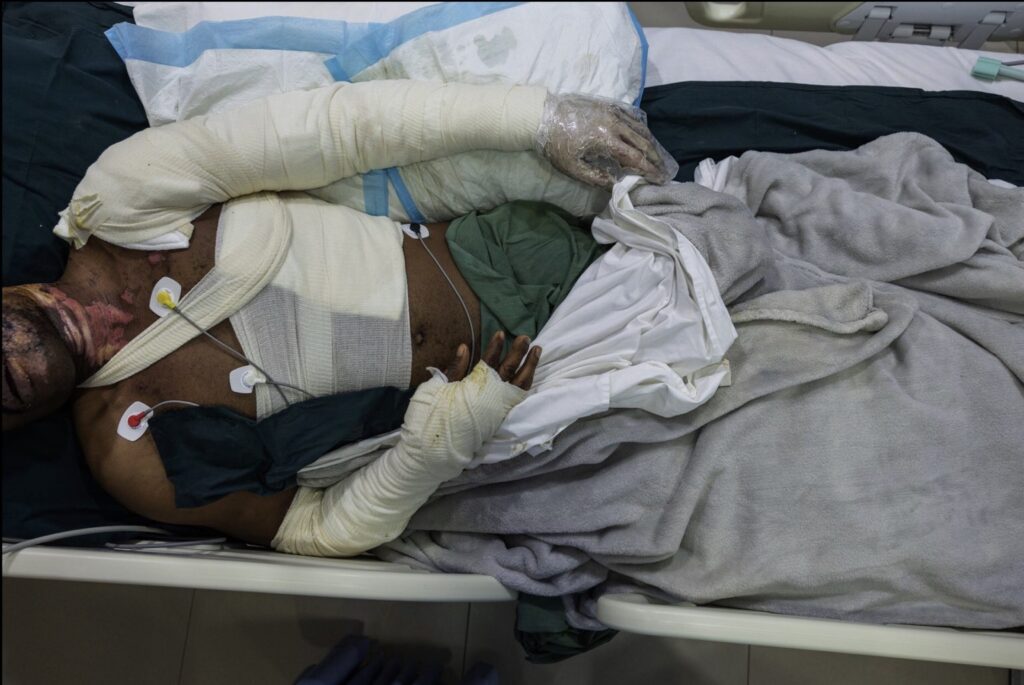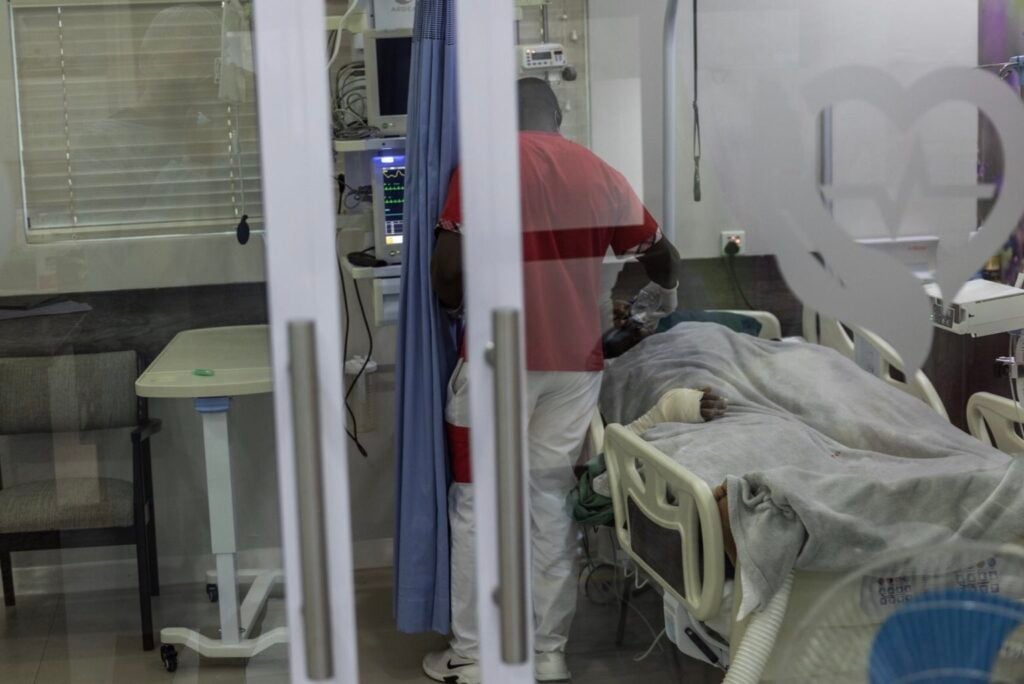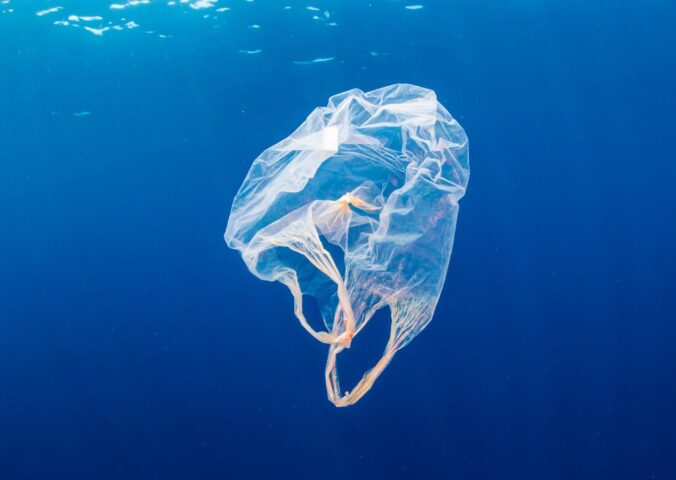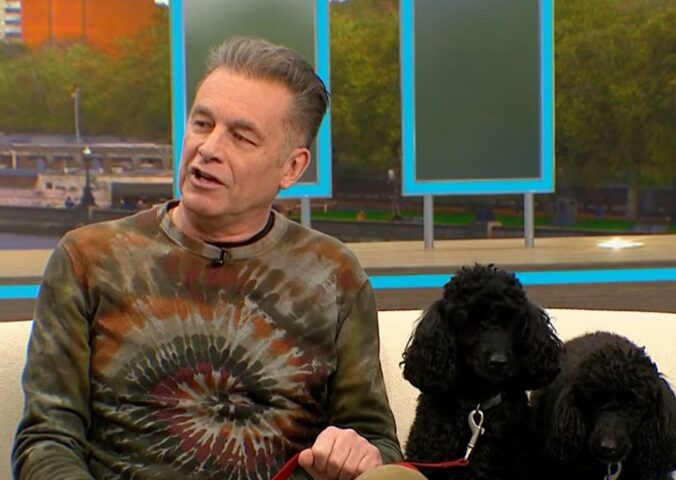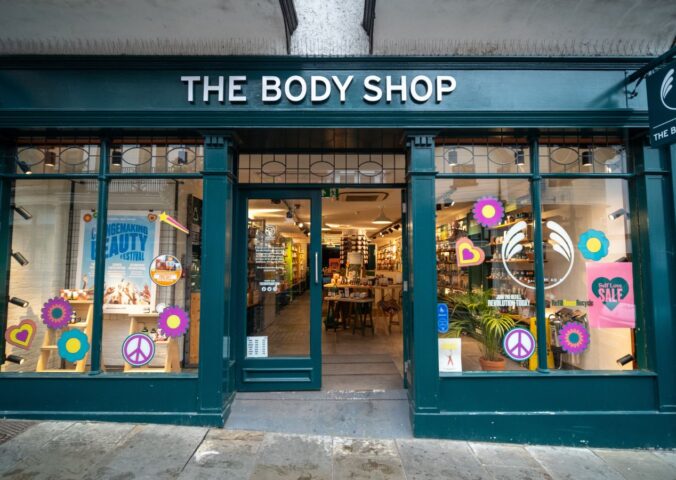Looking for the donation link you can find it here
His callsign is Tango 5, or Tango for short. Tango is an undercover investigator in one of the most dangerous jobs in the world – taking on the elephant and rhino poachers of Africa’s organized crime syndicates.
It is too dangerous for Tango, and his family, to reveal his name, face, or current location.
Crime syndicates are responsible for the deaths of tens of thousands of elephants, rhinos, and other animals each year. Their business is worth a staggering $20 billion annually in illicit profits.
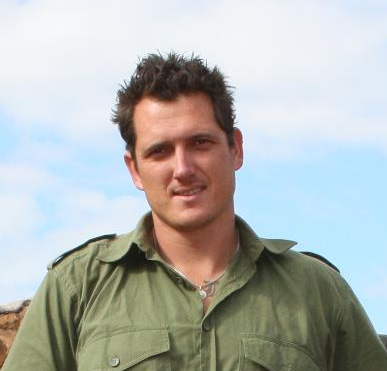
“Only one [species] has the power to determine what level of suffering is acceptable for all other sentient beings to endure.”
– Damien Mander
But they can be stopped. And Tango is one of the best at stopping them. He works for the International Anti-Poaching Foundation (IAPF) based in Zimbabwe.
The IAPF protects more than 1.5 million hectares of African wilderness. Where the IAPF operates, poaching is reduced by over 80 percent.
The IAPF is the conversation group behind ‘Akashinga’- the all-women vegan anti-poaching team featured in the National Geographic film of the same name.
But anti-poaching work remains incredibly dangerous. Two rangers, investigators or wildlife protectors are killed every week trying to save the wild animals of the forests and savannah.
Which makes Tango luckier than some.
Earlier this month, Tango was returning home to be with his family after a successful undercover operation involving IAPF and government agencies, which saw the arrest of two suspects involved with rhino poaching.
It was a Sunday evening. He was driving from Beitbridge to the capital Harare when he was allegedly forced off the road by two vehicles and assaulted. The assailants poured petrol over both Tango and his car and set it alight while he was inside, blindfolded with his jacket and tied with his own shoelaces to the steering wheel.
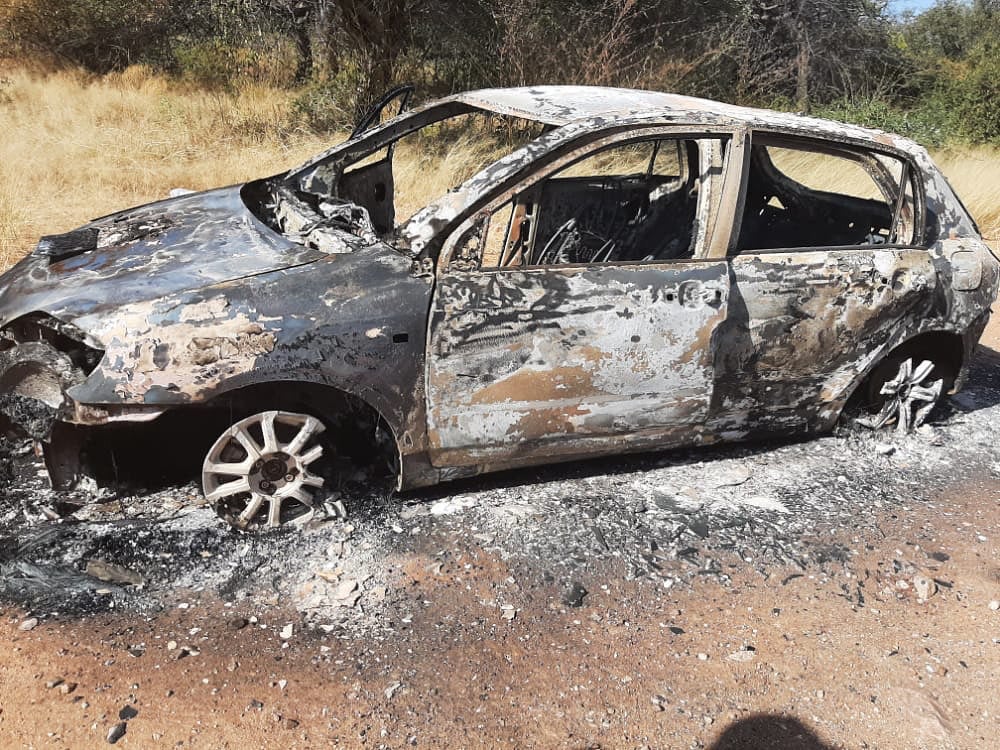
The fire engulfed the car and the windows began to explode. However, Tango managed to get one hand free and then extricate himself from the burning car. That was not before suffering serious burns to around 30 percent of his face, neck, arms, chest, and stomach.
He was in desperate need of help on the side of the road by a burning vehicle. He attempted to wave vehicles down for help, but they drove past.
Eventually, a good Samaritan stopped and took him to Beitbridge hospital, a remote border town in southern Zimbabwe. The public medical system there struggles with basic needs, strained even further with COVID-19 cases. Left there, he would have died.
They were only able to offer limited primary care. But they kept him alive overnight. The next morning he was evacuated by air to a private hospital where a medical team was on standby.
That’s where Tango remains today. His whereabouts are a secret, and his room is being guarded by the investigation team to guarantee his survival.
Tango is 28 years old. His injuries – both physical and psychological – mean he’s likely never to work again as an undercover investigator, but will be redeployed within IAPF.
“He’s a silent warrior,” says Iraq War veteran Damien Mander, who founded IAPF in 2009. “It’s no understatement to say he moves amongst the shadows of night in the fight against wildlife crime. And he is one of the best, as part of a region-wide team operating across borders.”
The crime syndicates specialize in rhino horn and ivory poaching, as well as other illicit trades such as weapons and human trafficking.
“Tango has been one of our most fearless and committed wildlife crime fighters for a long time,” added Mander.mil
The attack appeared to be in direct retaliation for arrests made earlier on that Sunday, involving those suspected rhino poachers.
Tango and others like him are the last line of defense for African wildlife, animals under serious threat of being poached and hunted to extinction.
According to the IUCN, populations of African forest elephants have fallen by more than 86 percent over 31 years, while African savanna elephants have decreased by 60 percent over the last 50 years.
For some African rhinos, the situation is worse. In 1970 there were 70,000 black rhinos, but just 2,410 in 1995 – a dramatic decline of 96 percent.
Thanks to the efforts of conservation by organizations such as the IAPF, black rhino numbers have risen to a population of between 5,366 and 5,627 individuals. But that is still over 85 percent down from 1970.
Globally the combined pressures of animal agriculture, wildlife trafficking, and poaching mean only four percent of the total mass of mammals on the planet are free-living wild animals. More than 60 percent of all living mammals are now animals farmed for agriculture such as cows, pigs, and sheep. Humans make up the other 36 percent.
This is an incredible change. In fact, since the ‘rise’ of human civilization, we have lost 85 percent of the biomass of all wild animals.
That makes it critical to protect those animals who are left – and support those on the frontline of protecting them.
Every year it gets harder. It is a perverse law of market economics that the more endangered the animals become, the more valuable they are. This attracts even more attention from the organized crime syndicates. Rhino horn is currently selling for around $65,000 per kilogram on the black market.
And that makes the job of protecting them even more dangerous.
The IAPF, and Tango, knew that something like this could happen. As the crime syndicates get more involved, the costs – and the risks – to protect wildlife increase.
Tango will stay with the IAPF on full pay throughout his recovery. He’ll be retrained for another role within the company. But, his loss to the Special Investigations Unit is a big blow.
“He’s been involved in hundreds of arrests,” says Mander. “It’s a huge loss for us and the animals.
“We’ll need to replace him too, and that requires us to retrain a new operator over a minimum of 12 months. And provide additional training and protective resources for all investigation officers.”
The IAPF will be covering the ongoing costs and compensation with the help of donors until Tango returns.
But that may not be for a while. Right now, he’s in a sealed-off room specifically set aside for serious burns. His screams of pain can be heard throughout the hospital when his bandages are changed daily.
“He’ll be severely scarred both mentally and physically for life,” explains Mander. “He’s having flashbacks. He’s in and out of consciousness and is in a serious but stable condition.
The IAPF does plan financially for emergencies, but Tango’s is an extreme case. There are no “victims of crime” compensation payment systems in Zimbabwe.
“The best way the international community can help right now is to donate to Tango’s recovery fund,” says Mander. “We’ve already raised $21,000 for him.
“We’ve got medical bills, the air evacuation and paramedic treatment, the secure room in a private hospital, a burns specialist, and trauma counseling. The costs will get closer to $100,000.”
The special investigations team works across Zimbabwe and other regions alongside and as part of Akashinga, the world’s only armed all-female teams of wildlife rangers, the plant-based project that protects much of Zimbabwe’s wildlife in the Zambezi Valley. Donors to the campaign have the option to be kept regularly updated with Tango’s recovery.
Luckily, no other IAPF rangers or staff were involved in the assault. It does at least mean they can continue normal operations in protecting Zimbabwe’s environment, communities, and wildlife.
Tango is still in intensive care, although Mander points out their priority is to get him back to good health, and he’s responding well.
“He’s there until at least the end of the month,” he says, “but Tango is fighting strong. He’s started to speak now, and wiggle his fingers.”
IAPF is focused on driving the investigation and bringing those responsible for this attempted murder to justice. It’s essential – a strong message that the culprits are held responsible will protect other investigators. And as such, more animals.
“The reason investigators like Tango are so effective is that they go precisely where the problem is,” explains Mander. “We use limited resources in a focused way.
“Only three percent of crimes are solved by catching someone in the act. The other 97 percent is through investigation,and then getting law enforcement to take action.
“This is the only way to continue to crush these and similar organized crime syndicates.
“We condemn the use of violence against those who attempt to uphold the laws of Zimbabwe and protect its wildlife against poaching. We are working with the appropriate authorities and will leave no stone unturned in efforts to bring the perpetrators of this horrific crime to justice.”
International Anti-Poaching Foundation is a USA-registered 501c(3) charity. IAPF has the Platinum Seal of approval from independent charity evaluator GuideStar. This is the highest level that GuideStar recognizes and less than 0.5 percent of nonprofits in the USA earn it.
For more information visit www.iapf.org
